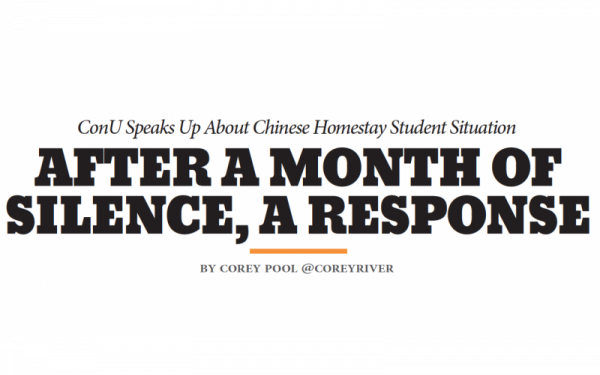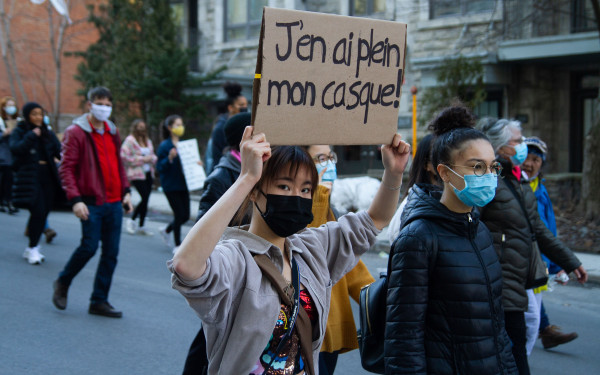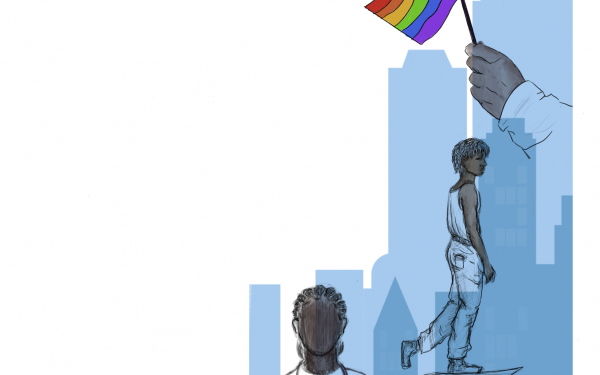On Chinese Students and Fortune Cookies
The Link ‘s coverage of the horrific homestay experiences of international Chinese students has been stellar, the decision to run the photo of a fortune cookie with the article, less so.
Though Chinese international students appropriated the fortune cookie in defence of their interests, The Link should have been more discerning of what endorsing the association implies.
In the 1870s, Chinese men were imported in large numbers to complete the Canadian Pacific Railway, quickly and cheaply, a condition for British Columbia to join the Dominion. The working conditions were dangerous and Chinese-Canadians were paid a third of what workers of all other ethnicities received.
Once the CPR was completed, Chinese Canadians came to be seen as threats because of their willingness to work for much lower wages. The government of Canada passed a series of acts, commonly known as “The Chinese Exclusion Act,” to make it as difficult as possible for Chinese Canadians to be reunited with their families in North America.
The tense climate of prejudice against Chinese Canadians excluded them from most sectors of the economy. They were relegated to laundromats, corner stores and, of course, restaurants.
Menus were adjusted to “Western” taste buds and served in highly exoticized environments. Most patrons sought cheap, touristic experiences of Chinese culture. The fortune cookie, actually Japanese in origin, was used to fill the lack of desserts in traditional Chinese cuisine.
Fortune cookies are an artifact of the Chinese Canadian struggle to become integrated with our compatriots. They were popularized because Chinese Canadians were forced to perpetuate their own oppression in order to survive.
These patterns of internalized racism are difficult to detect and not altogether avoidable. However, printing the image of a fortune cookie alongside an article about Chinese students tacitly sustains stereotypes that, I’m certain, The Link doesn’t want to. As a Canadian of Chinese origin, I would have appreciated a bit more sensitivity and context.
That said, I have a great deal of respect for The Link ‘s efforts to give a voice to victims of injustice and I look forward to reading more on this important issue.
—Vivien Leung,
BFA Design






